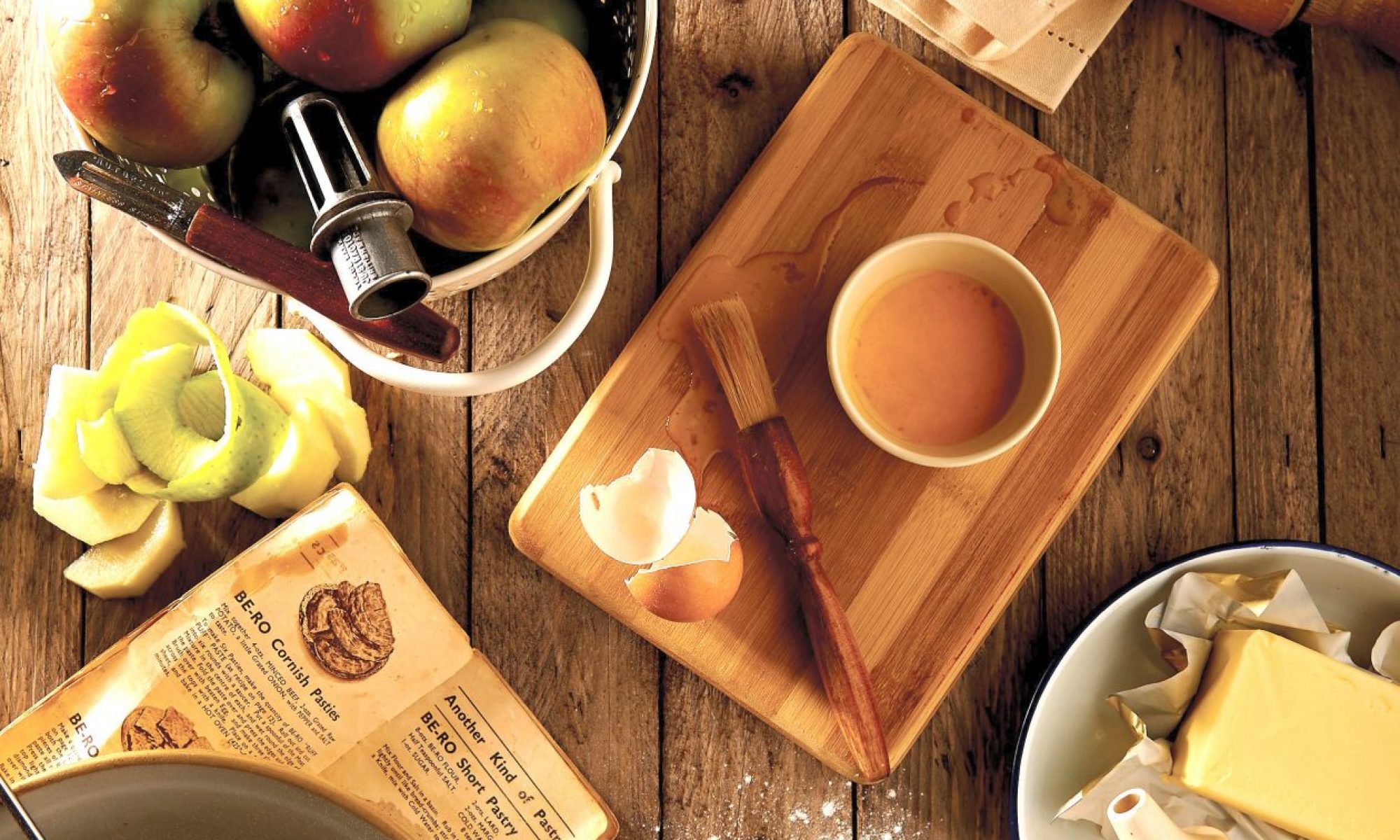Creator: Newman, Wilson L.
Collection number: 4641
View finding aid.
Abstract: George Washington Carver (1864?-1943), African-American scientist of the Experimental Station of the Tuskegee Normal and Industrial Insitute, was known for his work in agricultural experimentation, especially in investigations of uses of peanuts and sweet potatoes and extraction of dyes from soils and clays. He was also an accomplished painter and lectured extensively in behalf of agricultural improvements and interracial cooperation. Wilson L. Newman first met Carver when Newman was a student at Vanderbilt University and chair of the Commission on Race of the Regional Council of the Student Y.M.C.A. Newman later taught in the Home-Study Department of the University of Chicago. Correspondence between George Washington Carver and Wilson L. Newman, beginning in 1926, when Newman asked Carver to tour Southern colleges in support of interracial communication. An instant rapport developed between the two men, who corresponded frequently until Carver’s death in 1943. Letters, chiefly from Carver to Newman, are personal in nature, reflecting Newman’s membership in Carver’s “family,” which was made up of young men who were expected to keep in touch with Carver by mail and to visit him periodically. Among these men were Howard Kester and Paul Newman Guthrie. Although most letters are filled with news of “family” members and with Carver’s unbridled praise of Newman’s mental and physical attributes, some letters address questions of race relations, Carver’s work in agricultural experimentation, activities at Tuskegee, and the pleasures of music and painting that Carver and Newman shared. Also included are clippings, 1927-1943, chiefly 1943 obituaries and appreciations of Carver, but also earlier announcements of speeches and lay reviews of his work; six small landscapes and floral paintings, 1928-1932 and undated, apparently painted by Carver and sent to Newman as Christmas greetings; and miscellaneous printed materials relating to Carver, including a few brochures on agricultural topics and advertisements for books by him and for penol tonic, a “Tissue Builder and Germ Arrester” derived from peanuts and marketed by the Carver Penol Company.
Repository: Southern Historical Collection
Collection Highlights: Correspondence with Carver, of the Experimental Station of the Tuskegee Normal and Industrial Institute, by Newman who asked Carver to tour Southern colleges in support of interracial communication. Although most of the correspondence contains personal news, some letters mention race relations, agricultural experimentation, music, and painting. There is also a letter dated 18 July 1930 where Carver mentions a lynching that took place in Texas (Folder 5).
